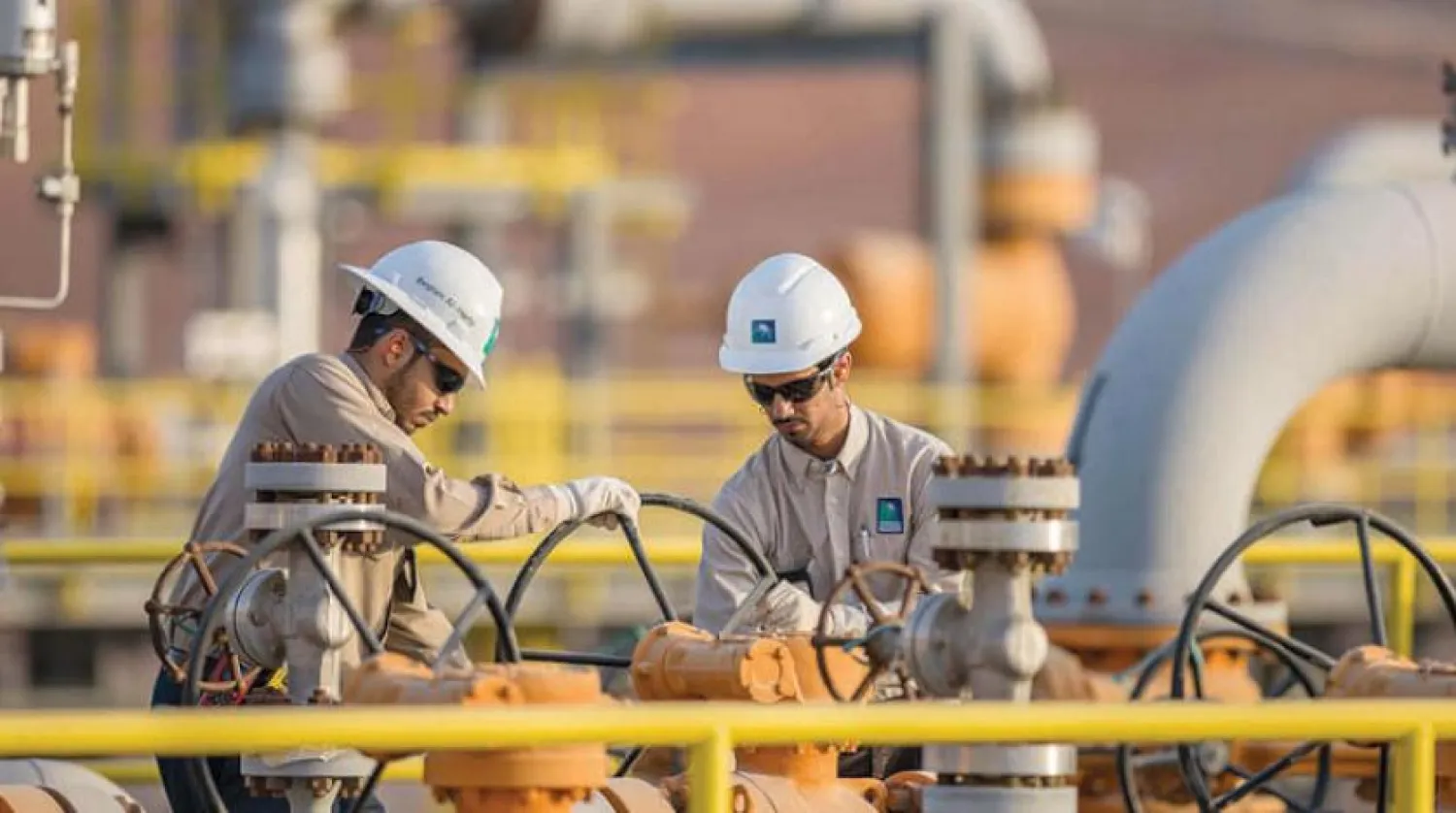Saudi Aramco has announced a significant expansion of its industrial investment program, Aramco Namaat, with the signing of 22 new Memoranda of Understanding (MoUs) and one joint venture (JV) agreement valued at $24 billion.
The new agreements focus on capacity building in four key sectors: sustainability, technology, industrial and energy services, and advanced materials.
Namaat program aims to tap into the vast opportunities available in Saudi Arabia to create new value and drive economic expansion and diversification.
Aramco Chairman Yasir al-Rumayyan said that Aramco continues to be at the forefront of enabling and enhancing the Kingdom’s industrial, technology and sustainability infrastructure through large-scale investments and key partnerships, such as IKTVA and, by extension, Namaat.
“Such initiatives help further drive economic growth and diversification, ensure greater reliability of energy supply, effectively localize the industrial supply chain, and create better jobs and skillsets.”
Aramco President and CEO Amin Nasser indicated that Namaat offers its partners significant opportunities to participate in Aramco’s long-term growth strategy and play a vital role in the Kingdom’s expanding energy and chemicals supply chain.
The benefits for everyone involved are multiple, and Aramco continues to be a catalyst at the heart of the Kingdom’s transformation, harnessing its expertise and resources to champion new markets and growth sectors, said Nasser.
“We believe these exciting target sectors offer significant opportunities for all the current and prospective parties involved.”
Aramco Senior VP of Technical Services, Ahmed al-Saadi, explained that the partnerships illustrate Saudi Arabia’s significant appeal to international companies and pave the way for innovations in materials, processes, and solutions.
The 22 new MoUs signed under the Namaat program include one with SOLVAY to develop advanced non-metallic materials and localization of a composite value chain.
Another MoU was signed with DHL Supply Chain to evaluate establishing a local industrial logistics and procurement hub serving Saudi Arabia and the MENA region. One with VEOLIA to confirm the commercial feasibility of establishing a world-class integrated waste management company alongside a strategic IK stakeholder.
Public Investment Fund (PIF) signed three separate non-binding MoUs with Air Liquide, Haliburton, Baker Hughes, Linde & Schlumberger to evaluate Carbon Capture and Sequestration (CCS) opportunities and potential partnerships.
Samsung Engineering, Hyundai, and Saipem also signed three separate MoUs on engineering, procurement, and construction.
Aramco also signed an agreement with Honeywell to establish a JV that will develop and implement next-generation digital solutions to improve efficiency, sustainability and enable operational excellence of industrial facilities.
The MoUs also included a trilateral agreement with Shell AMG Recycling & United Company on metals reclamation and catalyst manufacturing.









